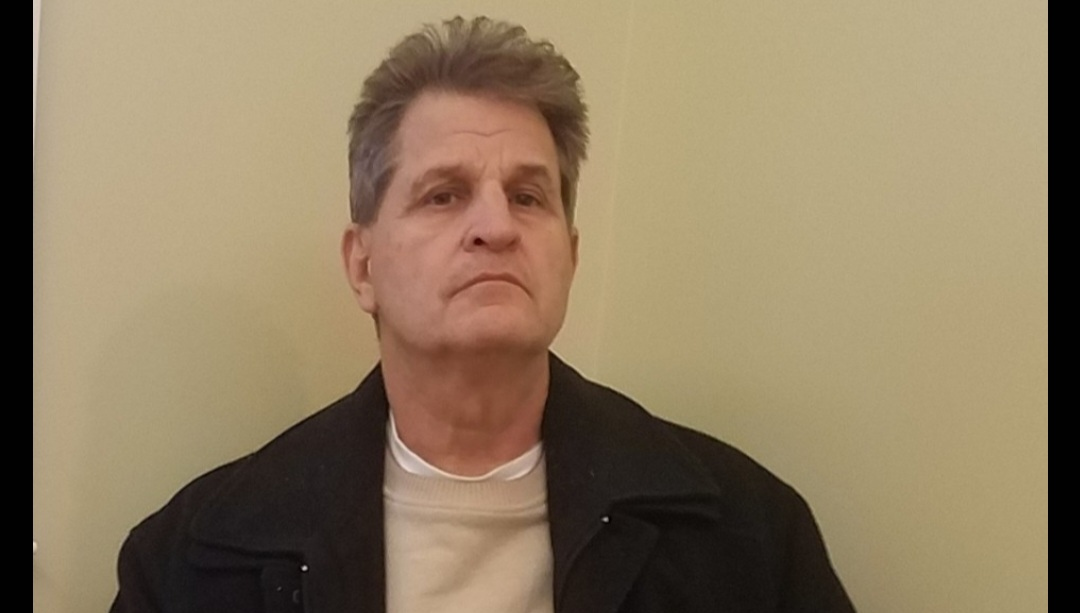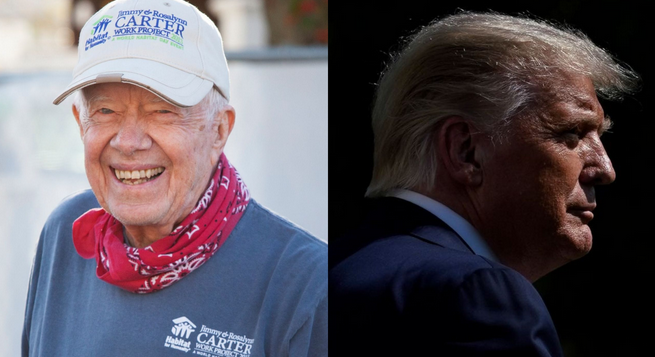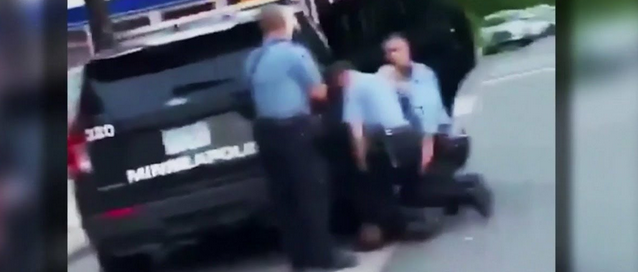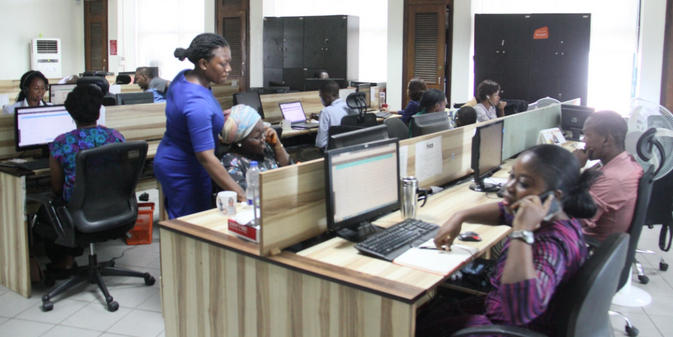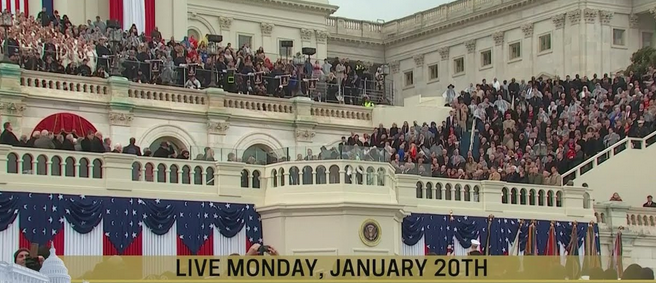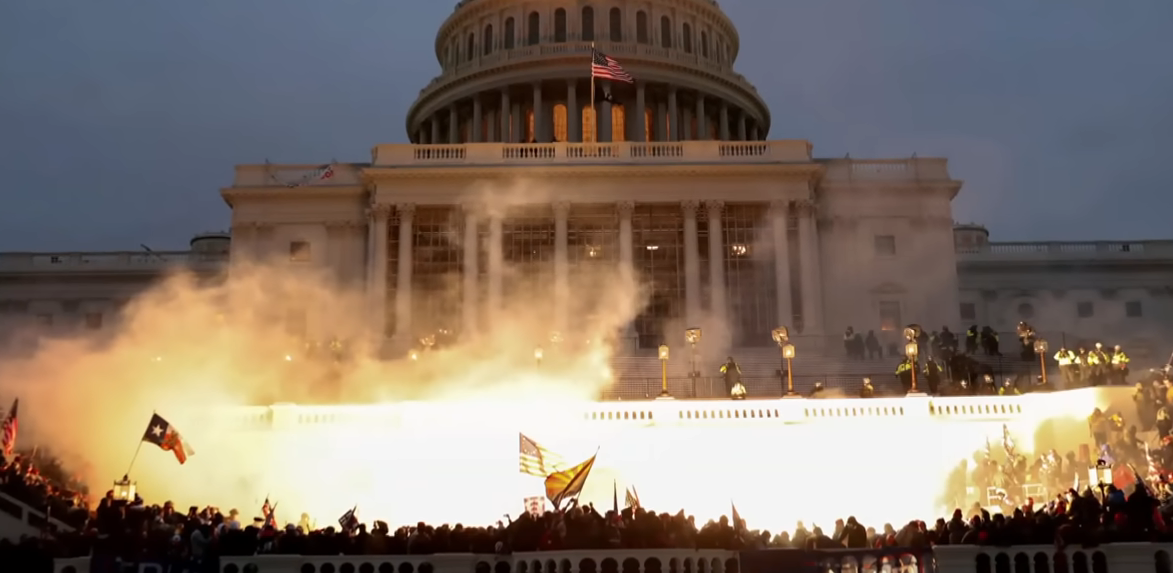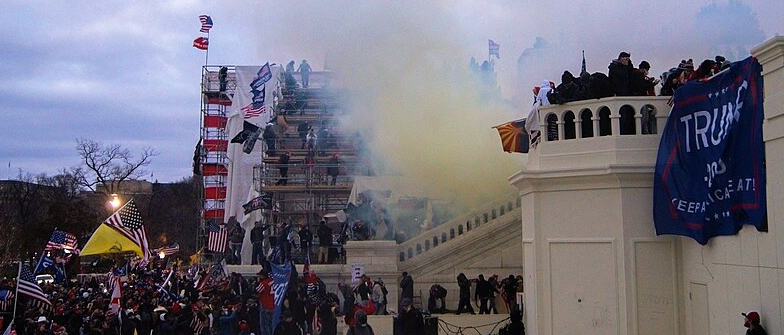I believe that after 30 years of hip-hop as a nation we should have the sophistication to accept that their are distinctions between the corporate manifestation of hip-hop, sold as a commodity and package with sensational race, sex and violent imagery, and the hip-hop culture that kids are living everyday at a local level, which often doesn’t dabble in that terrain.
Professor Bakari Kitwana, author of “Why White Kids Love Hip-Hop,” took issue with some of the caustic comments I made about gangsta’ rap in my recent review of his book. So, in the interest of equal time, I offered him the opportunity to respond, one-on-one, in the no-holds-barred interview below.
BSN: Why write a book about white kids loving hip hop? Don’t kids of all Colors like it?
BK: I agree that all kids of all colors love hip-hop. My point in writing the book was to raise questions about the ways the hip-hop generation and the millennium generation, both who have lived their entire lives in post-segregation America, are processing race in radically different ways than any generation of Americans. I think they have a lot to tell us as a country about ways of addressing race matters. The question “Why white kids love hip-hop?” forces us immediately to deal with the historical weight of race in America. On the surface people see hip-hop and race as nothing new. I think the ways young white Americans are engaging hip-hop suggest something more.
BSN: As a professor, do you feel at all uneasy about promoting music that is so self-hating?
BK: I agree that a lot of mainstream corporate sold hip-hop is self-hating. What cultural critic Stanley Crouch calls the new Black minstrelsy. But I believe that after 30 years of hip-hop as a nation we should have the sophistication to accept that their are distinctions between the corporate manifestation of hip-hop, sold as a commodity and package with sensational race, sex and violent imagery, and the hip-hop culture that kids are living everyday at a local level, which often doesn’t dabble in that terrain. In fact it’s locally lived hip-hop culture that is giving many of America’s youth the tool they need to survive and thrive in America, in the face of public policy that have written too many young people off.
BSN: Have you ever read Donald Bogle’s book about the common stereotypes of Blacks in media?
BK: I’m very familiar with Donald Bogle’s “Toms, Coons, Mulattos, Mammies and Bucks.” I think a case can be made for such representations in hip-hop, but to limit our analysis of hip-hop to that isn’t a holistic look at what hip-hop has to offer or why young people are drawn to it. In “Why White Kids Love Hip-Hop,” I’m suggesting that we look beyond the obvious. Yes, there are minstrel images in hip-hop. Yes, there are demeaning, anti-racist, misogynistic and homophobic representations. We could make the same case about the church and our government. But hip-hop, like society, isn’t one dimensional.
BSN: Don’t you think rap disseminates harmful images of Blacks?
BK: Absolutely. But it also disseminates liberating representations as well. Few places in American culture have made as effective a case for
entrepreneurship than hip-hop. Hip-hop tells young people that our society is offering very limited options for youth. And that while society points to a radical decline in living wage jobs for youth and meaningful and affordable education, hip-hop is offering an alternative legitimate economy that is giving youth hope.
BSN: Do you have any children? Would you want your kids behaving like the men and women in the rap videos?
BK: I’m a father. I have a seven-year old who I let listen to some of
Dilated Peoples, some of Erik B and Rakim, some of Outkast. I think that there is some hip-hop that cuts across age groups. There is other hip-hop music that is inappropriate for children. We live in a society that refuses to set a standard for what we will allow American entertainment to expose to our children. I think we need to set a standard that is entertainment industry wide, not just limited to hip-hop.
BSN: Do you enjoy watching rap videos?
BK: Some music videos are brilliant. Slum Village has a video in circulation some time ago that was amazing and liberating. Common’s the Corner is also an amazing video as is Kanye West’s Jesus Walks. There certainly is a formula at work that degrades women and reduces them and young Black men to the stereotypes that Donald Bogle talks about. There are other videos that haven’t penetrated past the MTV or BET gatekeepers that, too, are quite amazing. An independent artist named Blitz out of Kent, Ohio has an extraordinary video for his single “Black Market,” which deserves to be seen. However the issue is the corporate control of media, more so than rap
music.
BSN: Do you like the images and treatment of Black women in the videos
BK: No, I think it’s criminal for the most part. But again, although there is a norm, there are exceptions. Tons of the work done by Lauren Hill and others defied the stereotypes. The issue here is corporate control of media that allow for one-dimensional representations of Black men and Black women. That’s a battle that has to be fought on all fronts and not reduced to hip-hop. Hip-hop,in this context, is contributing to American society’s misogyny and racism, hyper-sexuality anti-Black representations. Hip-Hop isn’t setting the standard
for misogyny. No one reduces the presidency to misogyny, although we’ve had misogynistic presidents. No one reduces our government to being solely homophobic, although we have a government with a don’t ask, don’t tell policy for gays and lesbians in the military.
BSN: Do you treat Black your female students and colleagues like gangsta’ rappers do in their videos?
BK: I’m not a poster boy for misogyny and I don’t think hip-hop should be either. When Senator Packwood sexually harassed countless women when he was in the Senate, no one ever said the Senate was a place that celebrated misogyny. No one ever says that the Supreme Court is misogynistic, even though there’s only one woman on the bench and Justice Clarence Thomas’s nomination hearings were marred by instances of his own misogynistic behavior. What I’m saying is the Senate and the high court is larger than the bad apples. Hip-Hop’s cultural movement is much larger than the corporate representation. The images most of hip-hop’s critics point to are those manufactured by major corporations whether on television, via Viacom, or on the radio, via Radio One and Clear Channel.
BSN: Do you think that gangsta videos affect the way Black people are
perceived by people from other cultures?
BK: Absolutely. These representations effect how Blacks are seen both
nationally and internationally. It’s problematic, and we’ve got a lot of work to do in that area. In “Why White Kids Love Hip-Hop,” I talk about the effects of these images on white listeners and the importance of young white kids as their Black, Latino, Native American and Asian counterparts, to understand the cultural and political roots of hip-hop, not swallow these images whole.
BSN: Do you think that because this is a capitalist society, it’s okay to sell the idea of Black men as gangstas and Black women as whores in order to make millions of dollars?
BK: No. I think it’s criminal. Unfortunately there is a standard set for it that precedes hip-hop. It would be great if corporate America didn’t do this, but there is a huge market for sex and violence and anti-Black representations in America and the world that doesn’t begin or end with hip-hop. Another point I make in the book is that legions of young hip-hop fans are as against this as hip-hop’s most fierce critics. There is a huge underground movement within hip-hop circles that against these representation. You can hear this message on
tons of lyrics and rap songs produced by independent emcees. But they are fighting against a well-oiled and well-financed machine.
BSN: Have you ever been involved in a bloody turf war with another professor?
BK: I’m currently not affiliated with a university. I’ve taught in the
Political science department at Kent most recently and I’ve taught at Texas Southern University, the University of Houston-Downtown in the English Departments. The bloodiest academic battles that I’ve found myself in have been over hip-hop. Most of hip-hop’s critics don’t read the literature. There is a huge body of work that’s emerged in the last five years that is thoroughly exploring hip-hop via Ethnomusicology, Sociology, Anthropology, Black Studies, Political Science, Communications, American Studies and more. The critics don’t read the
theory, whether it comes from journalists like Nelson George, author of “Hip-Hop America,” and Joan Morgan, author of “When Chickenheads Come Home to Roost,” or from academics like Professors Murray Forman, author of “The Hood Comes First” and Mark Anthony Neal, author of “That’s the Joint: The Hip-Hop Studies Reader.”
BSN: Do you think that gangsta rap represents a dumbing-down of Black
people?
BK: I think the case can be made for a dumbing-down from some hip-hop
artists that have been deemed gangsta rappers. But I don’t think it’s a fair analysis or a full look at their work. Jay-Z is a high school drop out, as is 50 Cent and Eminem. Their analysis of their plight as young people, locked out of American Society, without options, who decided they were better off pursuing careers in the underground economy or in the rap game are the stuff of heady sociological and ethnographic criticism. When the NAACP and the Urban League were still ignoring the arrival of paramilitary policing in Black communities, NWA was offering an analysis in “F the Police.” Hip-hop is offering a critique of the generation of young Americans that have been written off as our society
gallops into a global economic era of economic and corporate elites where the masses of poor and middle class are written off as expendable.
KW: Do you care at all about how Black women, gays and nonviolent people feel about rap?
BSN: Of course. And just as you can find hip-hop lyrics beating up on all these groups, including young Black men themselves, the primary producers of the music, you can also find lyrics celebrating them.
KW: Do you feel guilty about profiting by promoting music with such harmful messages?
BSN: Hip-hop is a complex music and culture that has been reduced to a one-dimensional critique. Hip-hop’s messages aren’t all bad. Neither are they all good. In writing the book, “Why White Kids Love Hip-Hop” and my previous book “The Hip-Hop Generation,” I am trying to get folks outside the culture to understand why, despite the negatives, young people find hope and refuge in hip-hop. I’m hoping that young people immersed in the culture will work harder to capitalize on the possibilities for great social change that hip-hop represents as a national unified cultural youth movement. My hope is to get young people to think about ways that they can translate hip-hop’s great cultural movement into political power that can change the conditions for America’s young, so that young people upon graduating from high school who don’t have economic means to go to college can realize other options beyond joining the military and fighting in wars that enrich corporations like Halliburton which should feel guilty about profiteering off of a war that is being fought on the backs of those locked out of America’s mainstream economy.
